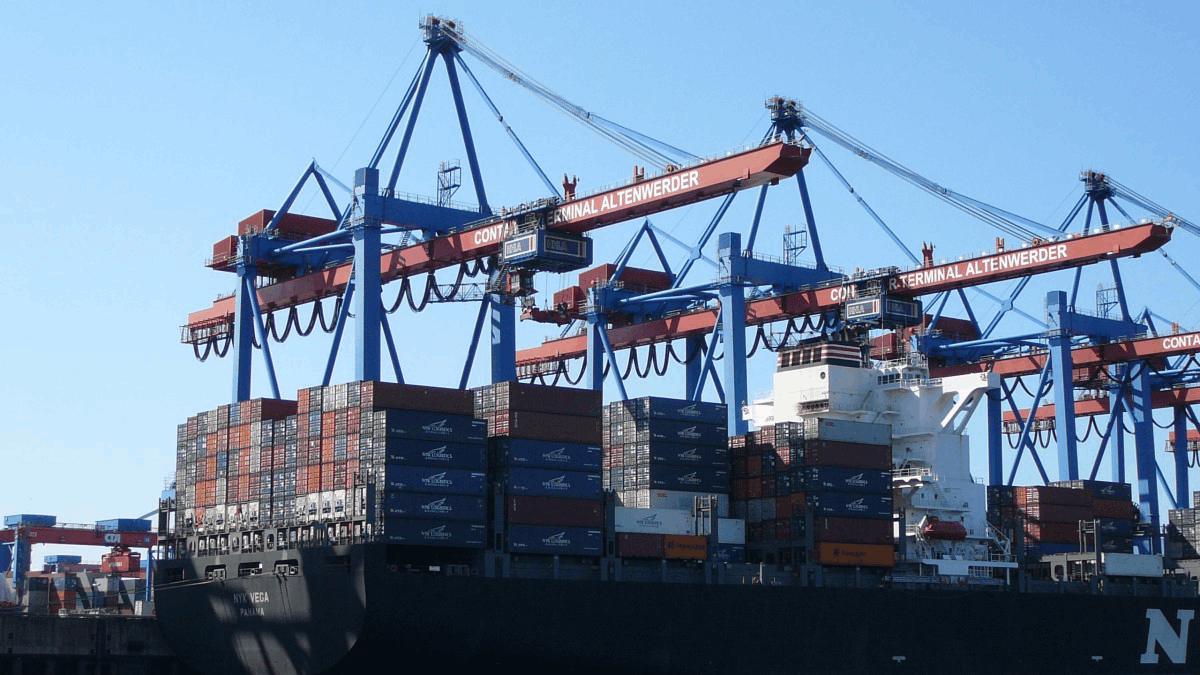The Role of State-owned Enterprises in Sustainable Livelihoods in Bangladesh
The Role of State-owned Enterprises in Sustainable Livelihoods in BangladeshLOPEBET
In Bangladesh, economic development faces numerous challenges, including poverty, inequality, and environmental issues. As an important part of the national economy, state-owned enterprises play an indispensable role in promoting sustainable livelihoods. Their influence is increasingly evident in promoting employment, providing public services, driving social development, and environmental protection.
Firstly, state-owned enterprises play a crucial role in creating job opportunities. In Bangladesh, especially in rural areas, state-owned enterprises provide employment opportunities to tens of thousands of people through investments in infrastructure construction and the development of local economiesWinWin. This not only helps reduce unemployment rates but also increases family income and improves the living standards of the people. For example, the investment of the National Water Supply and Drainage Company (DPHE) in water supply and sanitation facilities has not only improved the quality of life of residents but also provided stable jobs for local laborers.
Secondly, state-owned enterprises are crucial in providing basic public servicesPIN UP. State-owned enterprises in the fields of education, healthcare, and transportation play a fundamental role in promoting social equity and economic development. By subsidizing service fees, state-owned enterprises make it easier for low-income groups to access these basic services, thereby narrowing the gap between the rich and the poor. For example, the operation of the Bangladesh Railway Company and the public transportation system makes it more convenient for urban and rural residents to travel on a daily basis, thereby increasing their business opportunities and convenience.
Furthermore, state-owned enterprises have also played a positive role in promoting technological progress and social innovation. Through investments in and the application of new technologies, state-owned enterprises can improve production efficiency, reduce resource waste, and achieve sustainable economic development. For example, the advancement of the Ministry of Power, Energy and Mineral Resources in renewable energy projects has not only laid the foundation for the transformation of the country’s energy structure but also provided possibilities for environmental protection and climate change response.
Finally, state-owned enterprises play the role of both respondent and leader in implementing policies for environmental protection and sustainable development. As global attention to sustainable development goals (SDGs) intensifies, state-owned enterprises, as part of the national policy, contribute to a win-win situation for the economy and the environment through the implementation of green projects and sustainable business practices.
In summary, state-owned enterprises play a multi-faceted role in sustainable livelihoods in Bangladesh. They not only create a large number of job opportunities, provide basic public services, but also promote technological innovation and environmental initiativesparipesa. Through effective management and policy support, state-owned enterprises will continue to play a key role in the economic development and social progress of Bangladesh.
